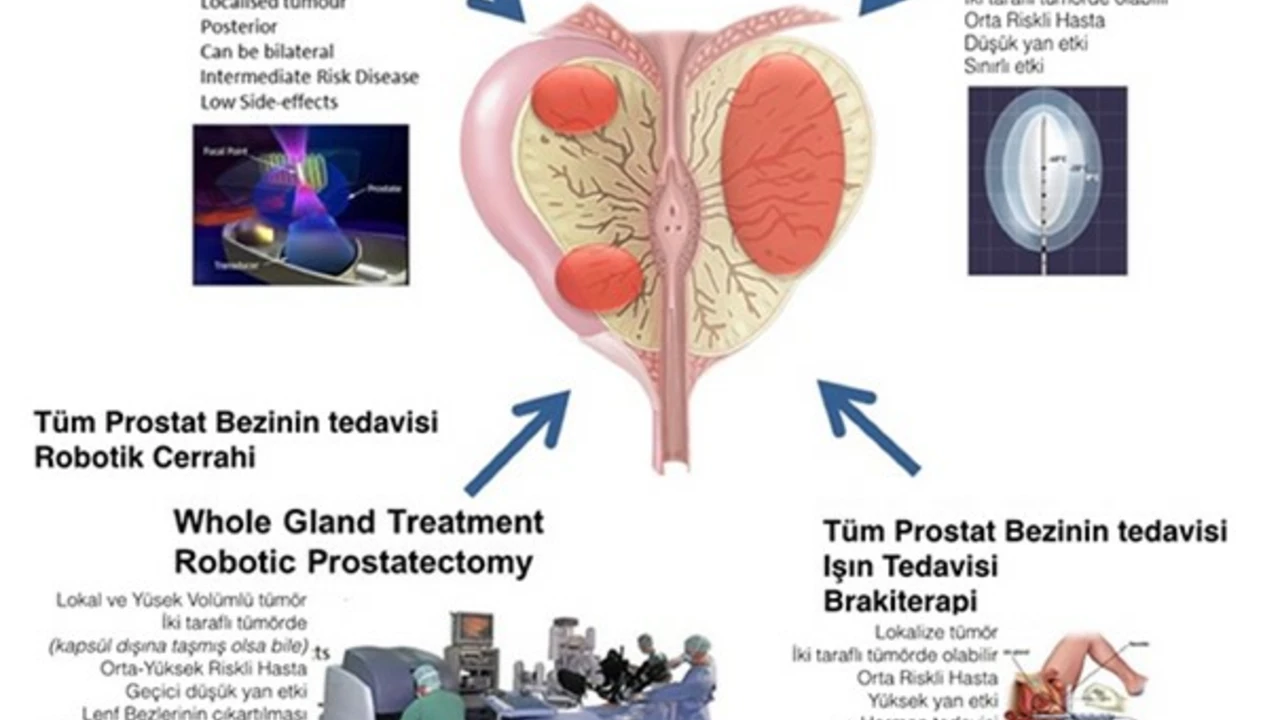
Flutamide as a Second-Line Treatment Option for Prostate Cancer
I recently delved into the topic of Flutamide as a second-line treatment for prostate cancer. Flutamide, an anti-androgen medication, is increasingly being recognized as a viable treatment option when first-line therapies fail. It works by blocking the androgen receptors, thus inhibiting the growth of cancer cells. While it does come with some side effects, the potential benefits it provides in controlling cancer progression cannot be ignored. This just goes to show the evolving nature of cancer treatments and gives hope to those battling this disease.
The role of linezolid in the fight against antibiotic resistance
Linezolid is turning out to be a critical player in our battle against antibiotic resistance. This powerful drug is often used as a 'last resort' treatment when all else fails. It's especially effective against resistant strains of bacteria such as MRSA. However, we must use it sparingly to prevent bacteria from developing resistance to it too. So, while linezolid is an invaluable tool, we need to approach its use with caution to preserve its effectiveness for future generations.

Methoxsalen for the treatment of actinic keratosis
In my recent exploration, I stumbled upon methoxsalen, an intriguing drug used for treating actinic keratosis. Actinic keratosis is a rough, scaly patch on the skin resulting from years of sun exposure. Methoxsalen, when used in combination with UVA light, effectively treats this condition by slowing skin cell growth. It's fascinating how the drug also helps in reducing the risk of skin cancer, which is often a long-term worry with actinic keratosis. Remember, it's always crucial to consult with your healthcare provider before starting any new treatment.

Can azelastine cause rebound congestion?
I recently came across the topic of whether azelastine, a popular nasal spray, can cause rebound congestion. After doing some research, I found out that unlike other nasal decongestants, azelastine has a lower risk of causing rebound congestion. This is because it primarily works as an antihistamine and anti-inflammatory agent, rather than constricting blood vessels like traditional decongestants. However, it's still important to follow the recommended dosage and consult a healthcare professional if you experience any side effects. Overall, it seems that azelastine is a safer option for those concerned about rebound congestion.

The Role of Furosemide in Managing Fluid Retention
As a blogger, I recently delved into the important role of Furosemide in managing fluid retention. This powerful diuretic is often prescribed to patients suffering from conditions like heart failure, liver disease, or kidney problems, where excess fluid can build up in the body. By increasing the production of urine, Furosemide helps to remove the excess fluid, relieving symptoms like swelling and improving overall comfort. It's essential to follow the doctor's advice when taking this medication, as it can interact with other drugs and may cause side effects. In summary, Furosemide is a vital tool in combating fluid retention and improving the quality of life for those affected by it.

Amiloride for the Treatment of Central Sleep Apnea: A Promising Approach?
I recently came across a study discussing the potential use of Amiloride for the treatment of Central Sleep Apnea. This approach seems promising, as the medication appears to target the underlying neurological causes of the condition. Researchers are optimistic about its potential effectiveness, although further studies are needed to confirm these findings. If proven successful, Amiloride could provide much-needed relief for individuals suffering from Central Sleep Apnea. I'm looking forward to seeing how this research develops in the future.